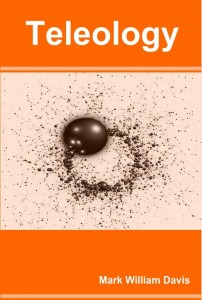 The New York Times continues to mine the dark territory between religious belief and atheism in a series of articles in the opinion section, with the most recent being Gary Cutting’s thoughtful meditation on agnosticism, ways of knowing, and the contributions of religion to individual lives and society. In response, Penn Jillette and others discuss atheism as a religion-like venture.
The New York Times continues to mine the dark territory between religious belief and atheism in a series of articles in the opinion section, with the most recent being Gary Cutting’s thoughtful meditation on agnosticism, ways of knowing, and the contributions of religion to individual lives and society. In response, Penn Jillette and others discuss atheism as a religion-like venture.
We can dissect Cutting’s argument while still being generous to his overall thrust. It is certainly true that aside from the specific knowledge claims of religious people that there are traditions of practice that result in positive outcomes for religious folk. But when we drill into the knowledge dimension, Cutting props up Alvin Plantinga and Richard Swinburne as representing “the role of evidence and argument” in advanced religious argument. He might have been better to restrict the statement to “argument” in this case, because both philosophers focus primarily on argument in their philosophical works. So evidence remains elusively private in the eyes of the believer.
Interestingly, many of the arguments of both are simply arguments against a counter-assumption that anticipates a secular universe. For instance, Plantinga shows that the Logical Problem of Evil is not incoherent, resulting in a conclusion that evil (neglect “natural evil” for the moment) is not logically incompatible with omnibenevolence, omnipotence, and omniscience. But, and here we get back to Cutting, it does nothing to persuade us that the rapacious cruelty of Yahweh much less the moral evil expressed in the new concept of Hell in the New Testament are anything more than logically possible. The human dimension and the appropriate moral outrage are unabated and we loop back to the generosity of Cutting towards the religious: shouldn’t we provide equal generosity to the scriptural problem of evil as expressed in everything from the Hebrew Bible through to the Book of Mormon?… Read the rest
